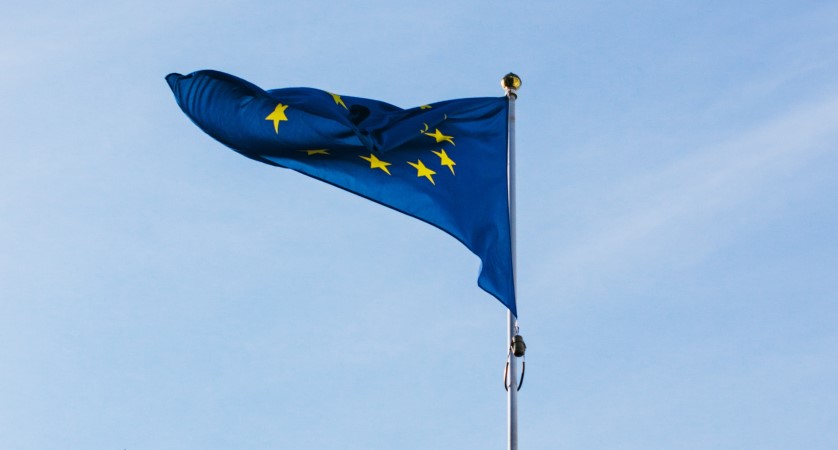EU Wants to be Able to Share Evidence of Wrongdoing in Ukraine with the Criminal Court

The EU service that helps investigate war crimes in Ukraine should be given more leeway, says the European Commission. Eurojust must be able to store the evidence centrally and share it with, for example, the International Criminal Court (ICC), the committee proposes.
Eurojust is already helping EU countries with their own investigations into war crimes committed since the Russian invasion of Ukraine, as allegedly happened in Bucha and Kramatorsk.
However, Eurojust is not allowed to store, analyze and exchange the collected evidence for long periods. The service is also not allowed to cooperate directly with bodies such as the ICC. Eurojust’s powers are not designed for “a situation of this magnitude and crimes of this seriousness”, says the European Commission.
That must change, according to the executive board of the European Union. After all, the ongoing violence of war makes it impossible to collect and store evidence safely in Ukraine itself. That is why “we need to strengthen Eurojust to ensure that it has the necessary resources to deal with the magnitude of the atrocities in Ukraine,” said Commissioner Věra Jourová.
The plans are still being submitted to the EU countries and the European Parliament. If they agree, Eurojust will now be able to collect, study and store evidence for the most major international crimes. The service may also process and share information such as videos, sound recordings and satellite images with others.